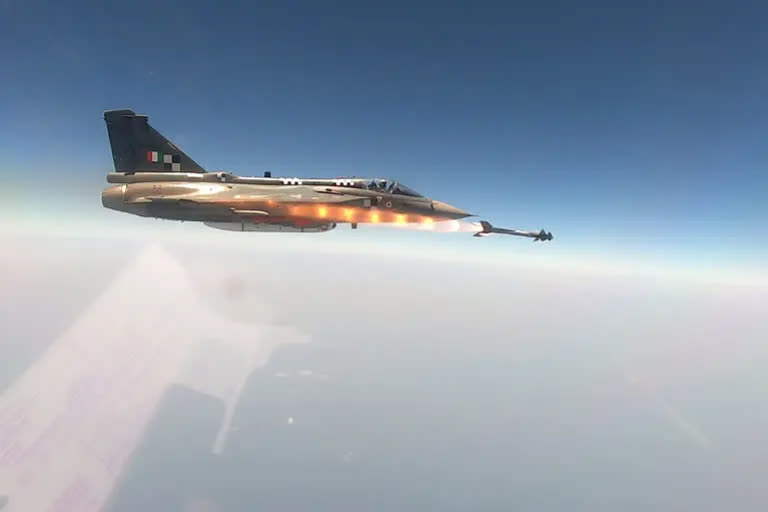New Delhi: With Friday’s crash of a MiG-21 ‘Bison’ fighter aircraft in Rajasthan during a training sortie claiming the life of Wing Commander Harshit Sinha, an alarming 292 of the Indian Air Force’s (IAF) MiG-21s have crashed till now, with five taking place this year alone.
But more than 40 per cent or an overwhelming 119 of the aircraft actually crashed in the 15-year-period from 1991-2005 after the USSR collapsed in 1991.
The worst year for the MiG-21 was during the Kargil war in 1999 which saw 16 crashes, while 1971- the year India fought Pakistan for the Liberation of Bangladesh -saw 11 crashes.
While India first inducted the MiG-21 in the early 60s, a total of 946 MiG-21s were added to the IAF fleet over the years with more than half of them being license-produced in India.
After USSR’s disintegration, India had to import spare components for the single-engine fighter either from the CIS (Commonwealth of Independent States) countries or turn to local producers who could not match the earlier quality of the Russian spares.
Five years ago, an internal audit report carried out by the defence ministry had squarely blamed the quality of spares for the high number of crashes of the IAF’s MiG-21 fighter aircraft.
Submitted in November 2016, the report had concluded: "Since 1970, more than 170 Indian pilots and 40 civilians have been killed in MiG-21 accidents. The main reason for this was that spares and other critical equipment were not coming from MIG Russian Corporation after the fall of the USSR… The IAF had to depend on CIS countries and HAL (Hindustan Aeronautics Limited) to source spare parts for its MiGs."
Many erstwhile Soviet states broke away in Europe and Asia to form the CIS which currently includes Azerbaijan, Armenia, Belarus, Kazakhstan, Kyrgyzstan, Moldova, Russia, Tajikistan, Turkmenistan, Uzbekistan and Ukraine.
The report says: "Various structural defects were reported in it from time to time. Its canopy design hampers visual contact with the runway. Moreover, its single-engine makes it vulnerable to bird hits and engine failure. Lastly, the aircraft technology dates back to 1950s."
Among the other reasons for the high number of mishaps include “the fact that single-engine MiG-21 is of vintage era lacking modern computers. The MiG-21 is prone to accident mainly during take-off and landing”.
While the MiG-21 was supposed to have been phased out from the IAF in the 1990s, it was upgraded and introduced as the 'Bison'.
Currently, the IAF operates four squadrons of MiG-21 'Bison' aircraft, with 16-18 aircraft in each squadron which are nearing the end of their operability in less than five years.
The MiG-21s are to be replaced by the indigenous Light Combat Aircraft 'Tejas'.



